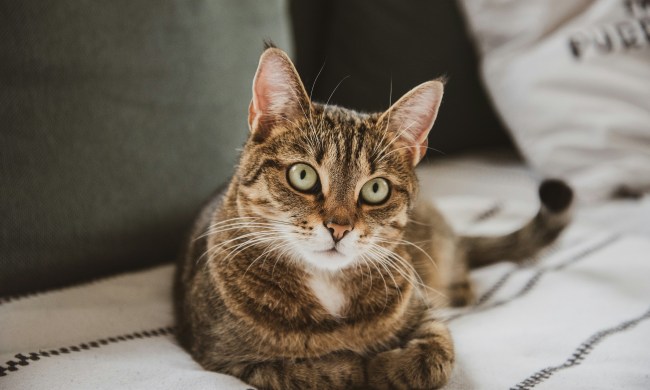Buying a horse is a big decision. While it’s definitely exciting, if you’ve never owned a horse or even are new to riding, you’ll probably learn a lot during this time. You’ll also encounter some lessons that would have been valuable to know before agreeing to the purchase. Before you start horse shopping, take some time to brush up on your horse basics 101. This information can help you make sure you’re really ready to buy a horse of your own — it can even help you choose the horse that’s right for you.
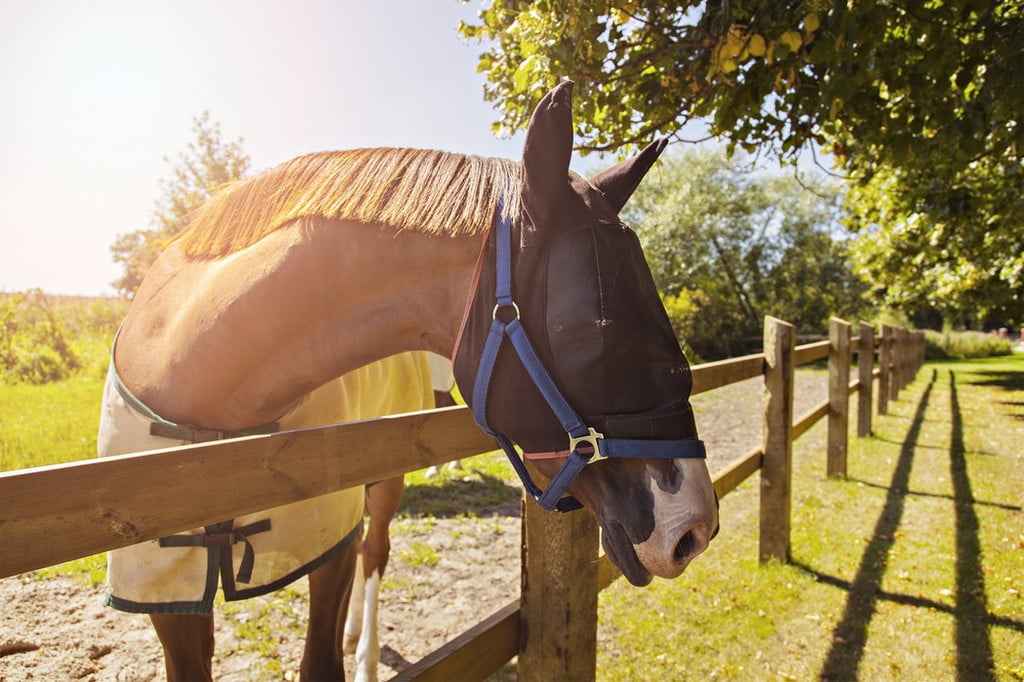
Horses are expensive
One of the largest surprises you might face when horse shopping is discovering just how much horses cost. Horses are seriously expensive, and a registered, well-trained horse in its prime can easily cost $10,000 or more. Older horses or those with some health issues can be a bit more affordable, but it’s important to choose a horse who’s right for your needs and who can physically do the work you’ll be asking of him.
But horses aren’t just expensive to buy — they’re also costly to keep. Boarding a horse can vary in cost depending on your location and the stable, but boarding costs can easily range from $500 to more than $1,200 per month. You’ll also need to budget for vet and farrier (horseshoeing) care, as well as for any veterinary emergencies your horse might experience. Then there’s the tack and equipment you’ll need to buy, the cost of riding lessons, and even the cost of training sessions for your horse. These costs can quickly add up, so it’s a good idea to speak with experienced horse owners, check into your local rates, and make a budget to verify that you can afford to own a horse.
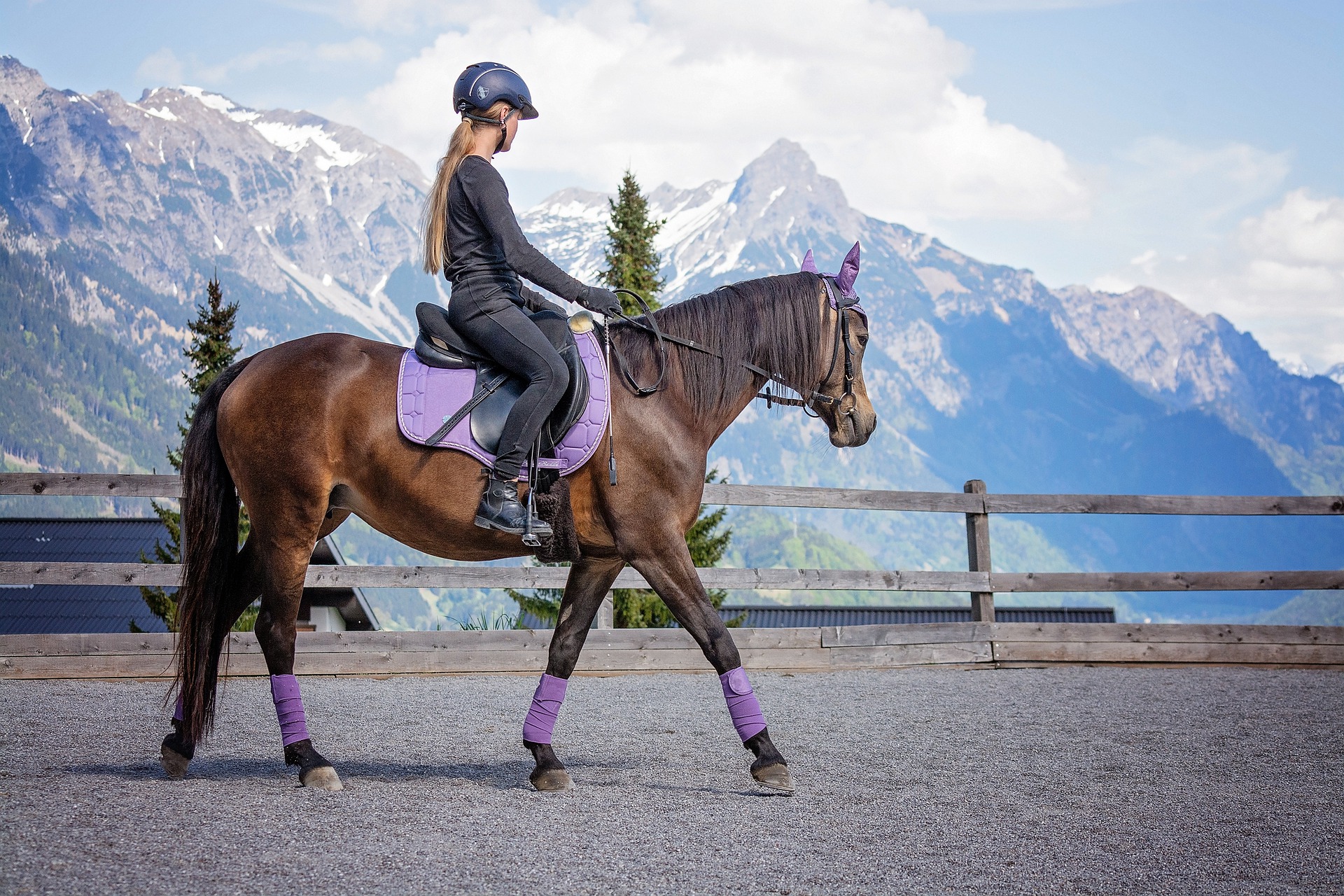
Horses need extensive care
Caring for horses is no small job. If you board your horse at a stable, the barn manager will usually take care of tasks like feeding your horse, turning him out for the day, and bringing him in at night. The specific services offered will depend on the stable, but many stables will blanket your horse in the winter and may hold him during vet or farrier appointments.
If you plan to keep your horse at home, the workload will be significantly more. You’ll be responsible for all those tasks the barn manager would take care of, plus other responsibilities like unloading hay and shavings, mowing pastures, and maintaining your barn. Horses are lots of hard work but worth it if you love them.
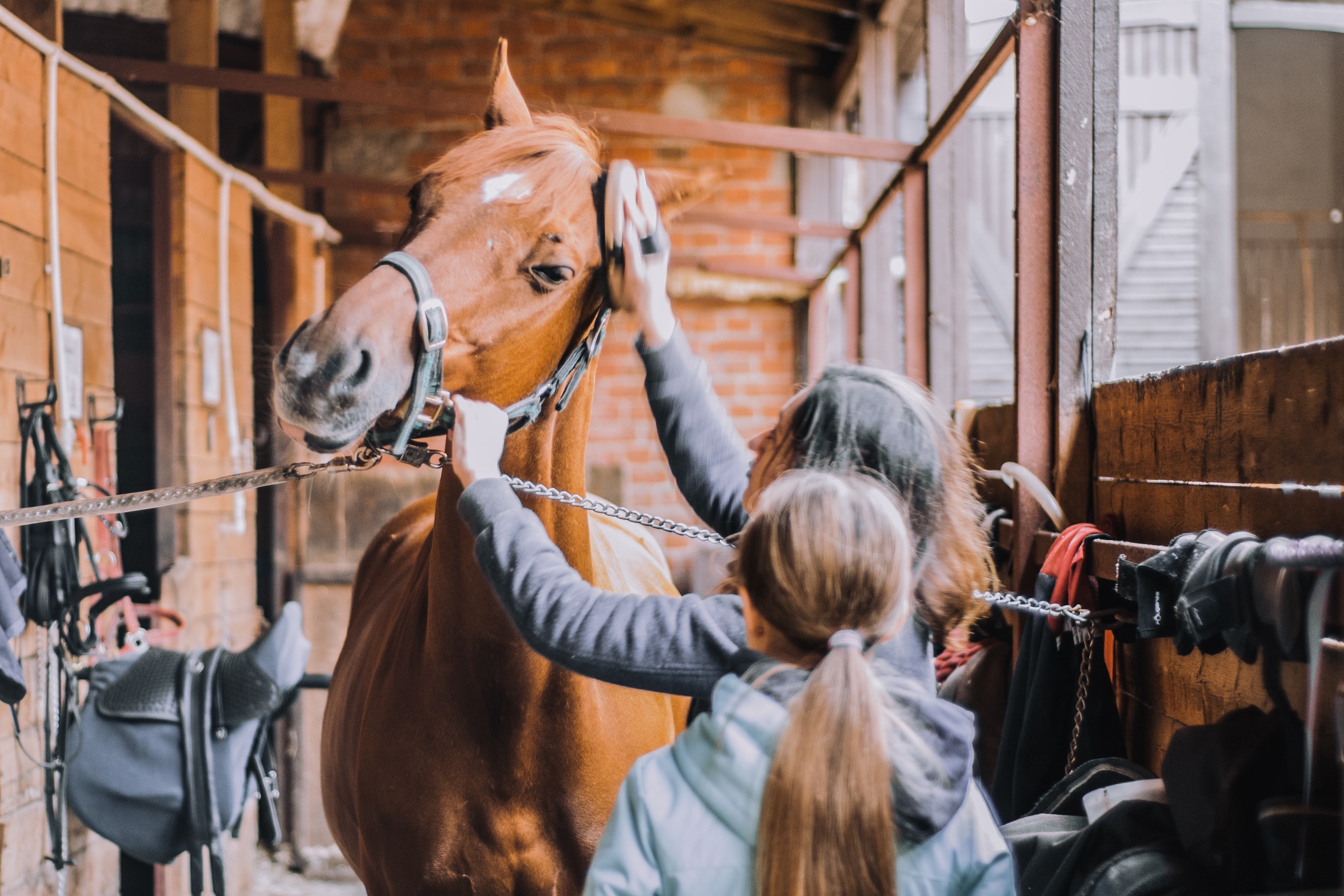
Every horse is an individual
Just like people, horses have different personalities, habits, and quirks. Some are high energy, while others prefer a relaxing walk down a trail. Some horses spook easily, others tend to be calmer. Some horses love jumping, and some would be happier grazing in a field.
An important part of horse shopping will be determining what type of horse personality would best match your riding skills and goals. Then, it’s a matter of finding a horse whose personality meshes with yours.
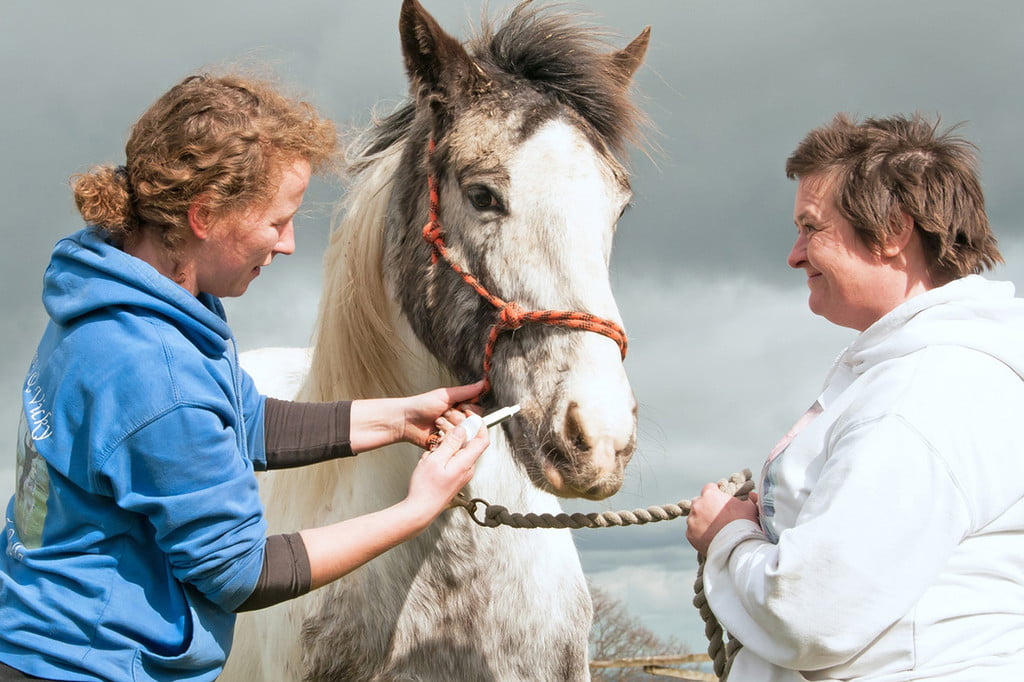
You’ll need partners during your horse ownership journey
When you own a horse, you’ll need plenty of people on your team to help you. At a minimum on your horse care team, you’ll need a riding instructor or trainer who can help you improve your skills and provide you with horse-training tips. You’ll also need a farrier to help maintain your horse’s hoof health and a veterinarian who will address other health issues and ensure your horse receives his vaccinations.
Other potential partners might include a barn owner, a saddle fitter, an equine chiropractor, and more. All these people can help keep your horse well cared for and healthy.
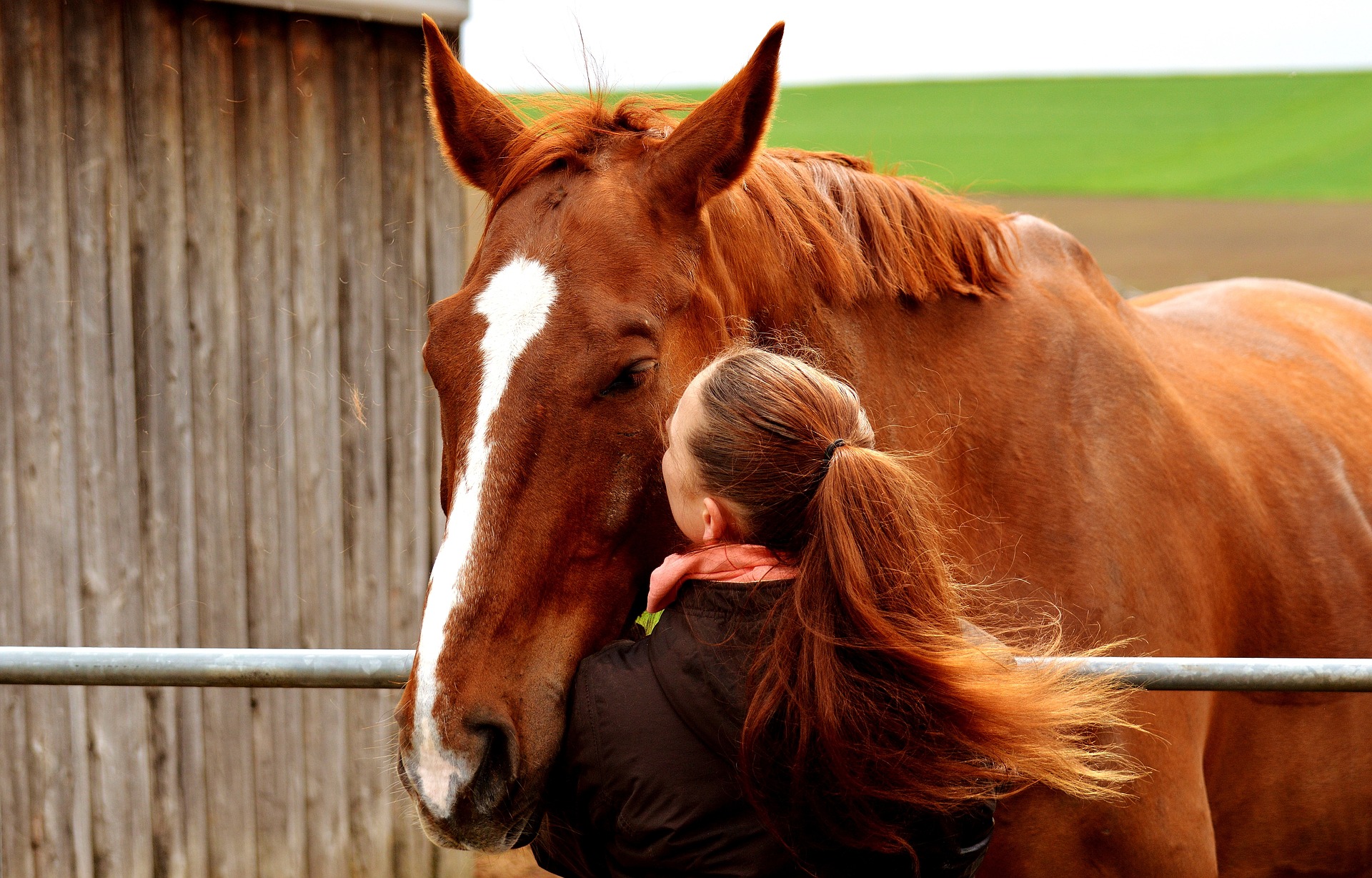
A free horse is never free
As you start to shop for a horse, you’ll probably come across horses that are being given away for free. You might be tempted to take in one of these free horses — after all, free, right? Remember that point earlier about how horses are expensive? If a horse is being given away, it’s usually for a reason.
Free horses often have significant health or lameness issues that you might not initially notice. Some horses are given away because of behavioral issues, and some have a history of throwing riders or of otherwise being dangerous.
Remember, horses have value, and even an older horse with some health limitations can still bring thousands of dollars. If someone is giving away a horse, you need to think quite carefully about what has motivated them to make that decision.
Owning a horse might be a goal that you’re working toward, but it’s so important to make sure you’re ready for this commitment. There is a lot to learn before you buy a horse, and one of the best ways to prepare yourself to own a horse is to start taking lessons with an experienced riding instructor. As you develop your riding and horse care skills, consider leasing a horse instead of buying. A lease will give you a chance to experience what it would be like to own a horse but without the long-term commitment of horse ownership. Leases also tend to be a little less expensive and can help you decide when you’re ready to take that next step and buy a horse yourself.
